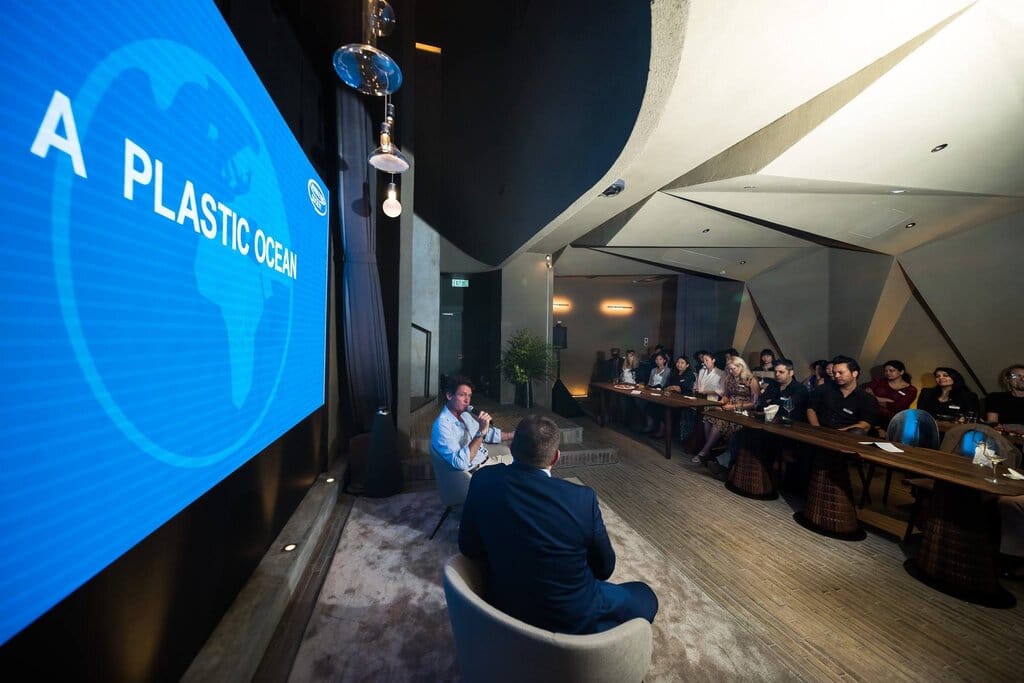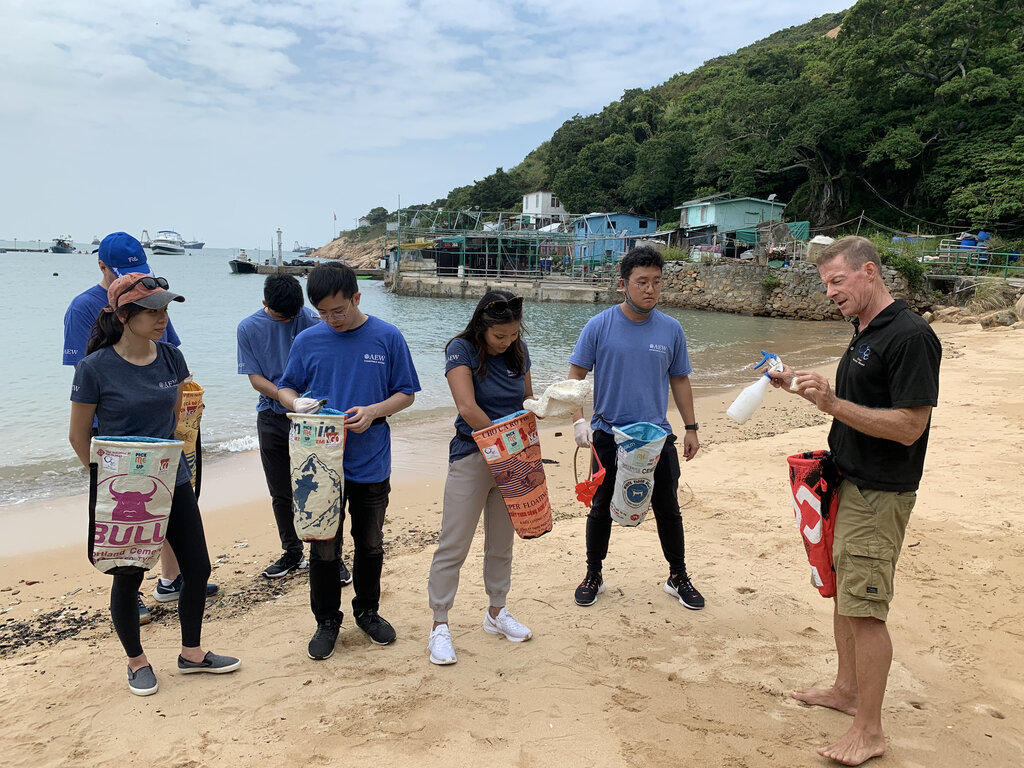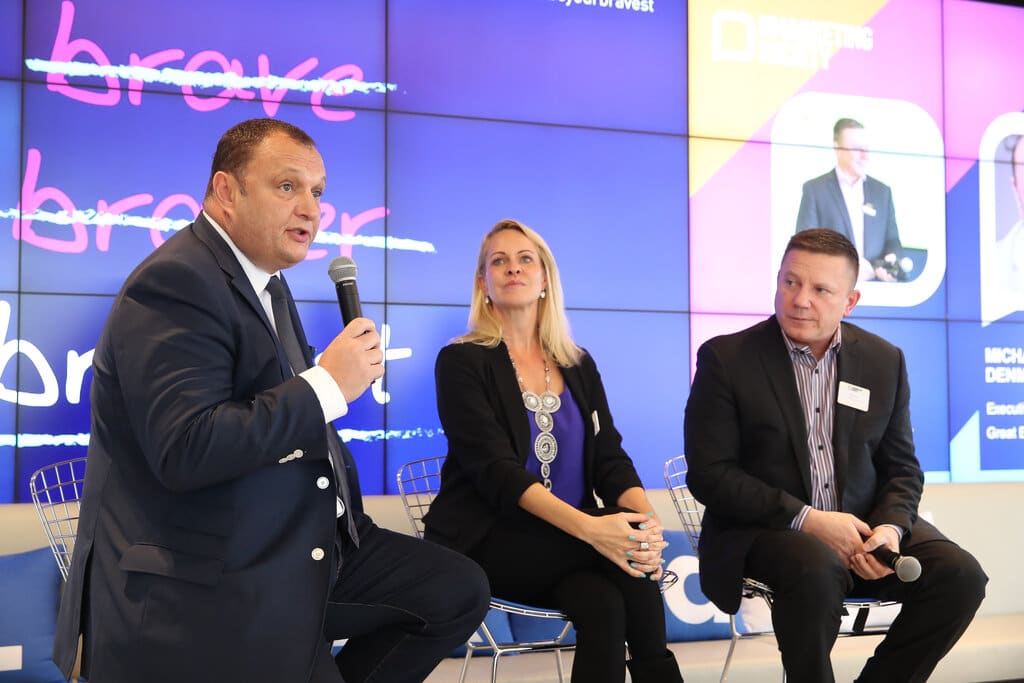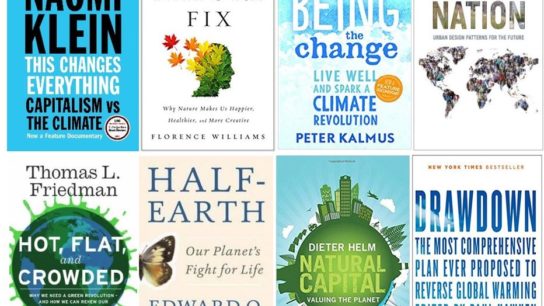ReThink Hong Kong, a groundbreaking two-day conference that places the spotlight on sustainable economy, environmental policies, and all things related to sustainability. Its second edition will take place on October 5-6 at the HKCEC where speakers and panelists will share their valuable insights and solutions. This includes sustainable marketing and how we shape the discourse of sustainability through marketing.
—
Earth.Org spoke with Darren Chuckry, Chair of The Marketing Society, ahead of his panel at ReThink, about sustainable marketing and the role marketers play in changing consumers’ behaviour and their relationships with sustainability.
Hi Darren! Could You Share How You Came into Sustainable Development and Sustainable Marketing?
Over the past several years, sustainability has become such an important component and demand from consumers. I’m also an avid ocean person and avid scuba diver – and I started seeing the quality of the water diminishing at such a rapid pace and seeing garbage on beaches everywhere. You realise it’s no longer a trash issue, it’s a health issue. That was my introduction to sustainability.

How Do You Engage People and Promote Sustainable Issues and Ideas Effectively?
We host about 100 seminars and events every year across the world talking and showcasing the leaders in sustainability. More and more, we start to see people raise and affect consumer behaviour in interesting ways. For example, one of the first things we did was a screening of A Plastic Ocean with Craig Leeson, and had a talk afterwards. It was one of the first times that we used content to start waking up the consumers. Our goal is how do we tap and utilise consumer behaviour to affect change in the global perspective.
We’re a network and we’re trying to build a community that inspires others. Our key thing is do good, do well, feel well. We’re not just advertising and marketing. We’re the ones who understand the consumers so we’re the ones who have to lead to charge in the global corporate boardrooms.
We also work closely in building content and how we’re telling your story. We have to start creating content that excites people and giving a lot of options for consumers to interact in a number of different ways – allowing them to choose their path and to go deeper if they want.
You might also like: Rethinking How We Reduce Packaging and Packaging Waste in Hong Kong
What’s the Biggest Challenge in Driving and Shaping the Discourse on Sustainability?
The hardest part in changing people’s perception is you have to let them step in it, understand it, see it first hand, and realise the impact it actually does have. It’s easy to read and hear about it. I think it’s our jobs as marketers to help bring that knowledge to bear and not put the blame on the governments. In my opinion, sustainability starts with the consumers, and we, the marketers, are raising the voice of the consumers. We are in control now with social media today, consumers have such a powerful voice that raises up to the corporate levels. Marketers within their companies can take that voice to their CEOs, boards and brand product designers. Look at how corporations are realising that the UN sustainable goals have to be a core component of their business. Once there’s a vocal voice, governments, too, have to change.

How Can Events Like ReThink Help Reach Your Sustainability Goals?
Bringing in an event like ReThink, you start to have discussions on what does it all mean, what’s the backside, and what the manufacturing source supplies are. The best thing for me that I’ve learned is to start engaging in conversations, talking about things that had no interest in me, but that’s how I started understanding. And the more that you become part of that conversation, the more you understand, and the better you can shape it. It’s not about a big win. It’s about baby steps. If you don’t take these steps, we’ll never get there.

















